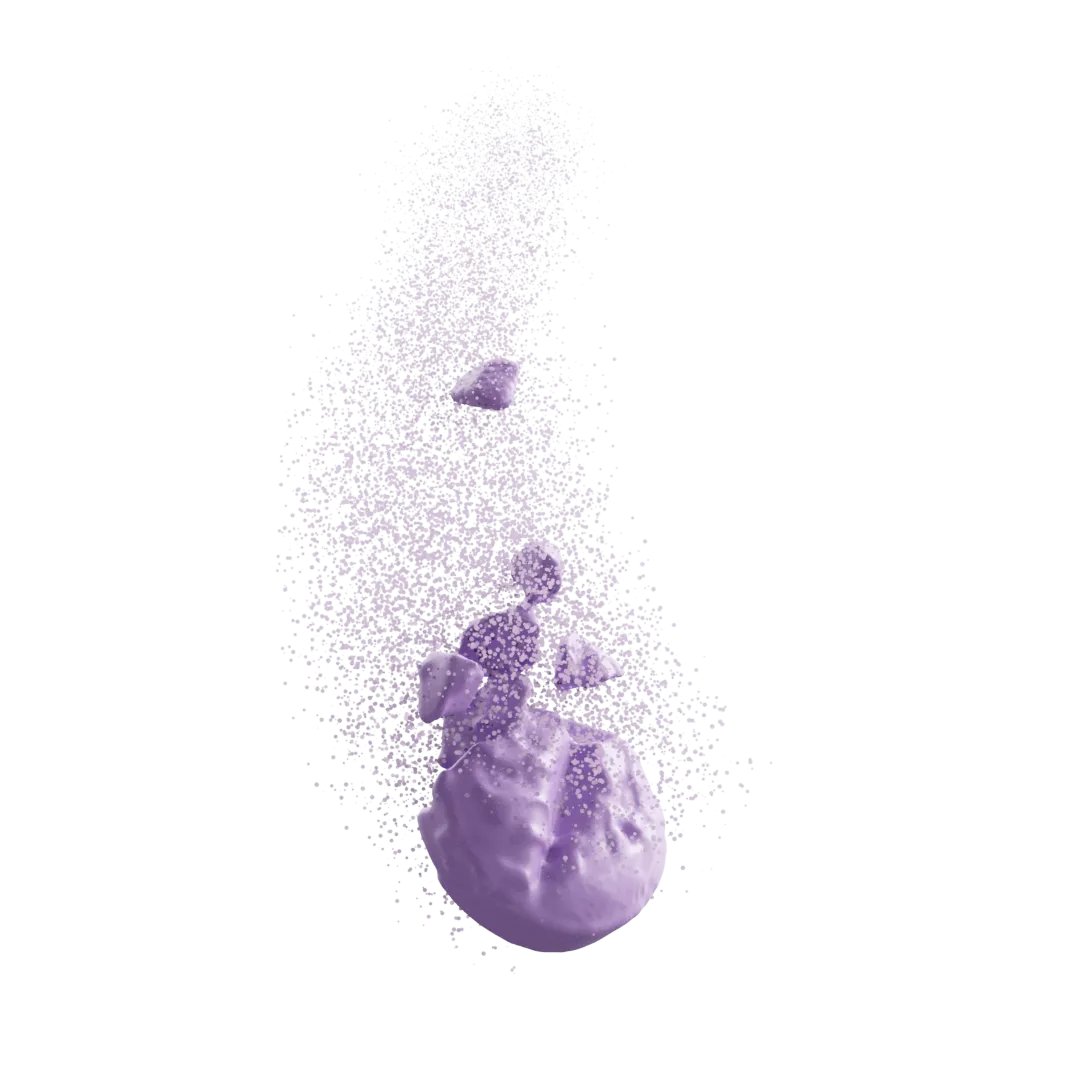Tablets
Transform tablet manufacturing with our approach, focusing on ingredient physicochemistry to minimize variability and enhance quality in scaled-up production.

Issue
As drug product manufacturing is scaled and tablet processing evolves, variability in performance and quality can arise. These challenges can be addressed through a closer understanding of ingredient physicochemistry during the formulation stage, derisking variability upon scale up and downstream manufacturing changes. Our mission is to transform the approaches around tablet development through a deeper assessment of ingredient interactions and compressibility during manufacturing.
Common Challenges
- Downstream manufacturability and quality issues rooted in oversimplified formulation strategies.
- Dissolution variability during scale up and technology transfer.
- Long development times and resources spent optimizing manufacturing.
- Lack of discriminatory in vitro methods to guide formulation and anticipate in vivo performance.



Solution
Our solution is applied across the entire development process, including formulation, manufacturing, stability testing, and scale up for clinical trials. Through high-resolution microscopies and advanced structural analysis, insights about ingredient interaction and porosity have proved critical in optimizing performance and troubleshooting challenges. Using in silico mass transport modeling we provide a direct connection between microstructures, dissolution, and disintegration.
Our Approach
- Guide formulation design through quantitative analysis of ingredient interactions.
- De-risk scale up and tech transfer challenges with structural benchmarks.
- Build correlative process models to identify critical process parameters and critical quality attributes.
- Predict dissolution and disintegration phenomena from digital twins of the tablet microstructure.

Formulations
Studied

Transform Your Program with Microstructure Science
Get started with a drug product digital twin.


